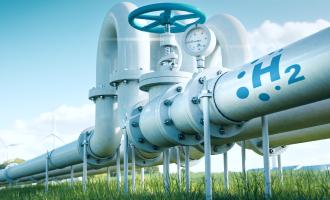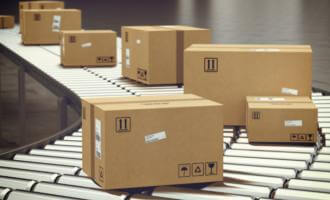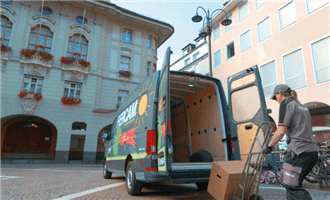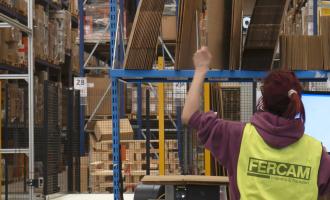
Could hydrogen be the fuel for an eco-sustainable future?
The production of hydrogen from renewable sources could lead us towards a sustainable energy future. FERCAM, which has always been a promoter of growth and development, is close to the project for the Brenner Green Corridor. We therefore invest in new innovative technologies and alternative fuels, with the aim of continuing to reduce the environmental impact of transport as much as possible.

FERCAM at the heart of experimentation with hydrogen-powered trucks
Founded in the cradle of the Dolomites, in the South Tyrolean capital, FERCAM is part of a working group that will work to implement the strategic plan launched by the Province of Bolzano, aimed at a new sustainable mobility system based on the use of clean energy and the reduction of emissions. The joint objective, pursued through projects including BrennerLEC and LIFEAlps, is to develop a model system of emission-free road transport in South Tyrol, particularly along the Brenner motorway and the surrounding regions, namely the famous "Green Corridor" already envisioned by Karel van Miert.
In the context of the planned strategy, hydrogen plays a crucial role, precisely because it would make it possible to escape from the use of fossil fuels and achieve the target of a 45% reduction in CO2 emissions by 2030. The city of Bolzano already boasts a small fleet of hydrogen-powered city buses, which are expected to increase in number by the end of 2020.
FERCAM is at the forefront of testing prototypes of hydrogen-powered electric trucks. As our motto "Clean, smarter logistics" shows, research into innovative transport technologies to reduce the environmental impact of emissions is at the heart of our strategy. New generations of environmentally friendly technologies are already present in our fleet, thanks to the acquisition in recent years of LNG vehicles, a fuel that allows a significant reduction of pollutants, representing a big step forward compared to diesel, but which is not yet the final goal we are aiming for. In pursuit of our goal of zero emissions, we are waiting for our first electric vehicle, a Tesla Semi Truck scheduled for delivery in 2022. And we already have an agreement for Nikola Tre, an electric truck resulting from the partnership between Iveco and Nikola Motors, with particular interest in the hydrogen version, scheduled for release in about 3 years.
Hydrogen power will save load capacity compared to vehicles with large electric batteries. It therefore represents a solution that within about ten years could prove to be excellent for meeting the needs of the transport sector, without compromising on the conservation of environmental heritage. To date, it is necessary to make some non-refundable investments, to test the real payoff and any critical issues, but FERCAM proudly welcomes the expense of contributing to a truly eco-sustainable future for the sector.


 Language
Language

























